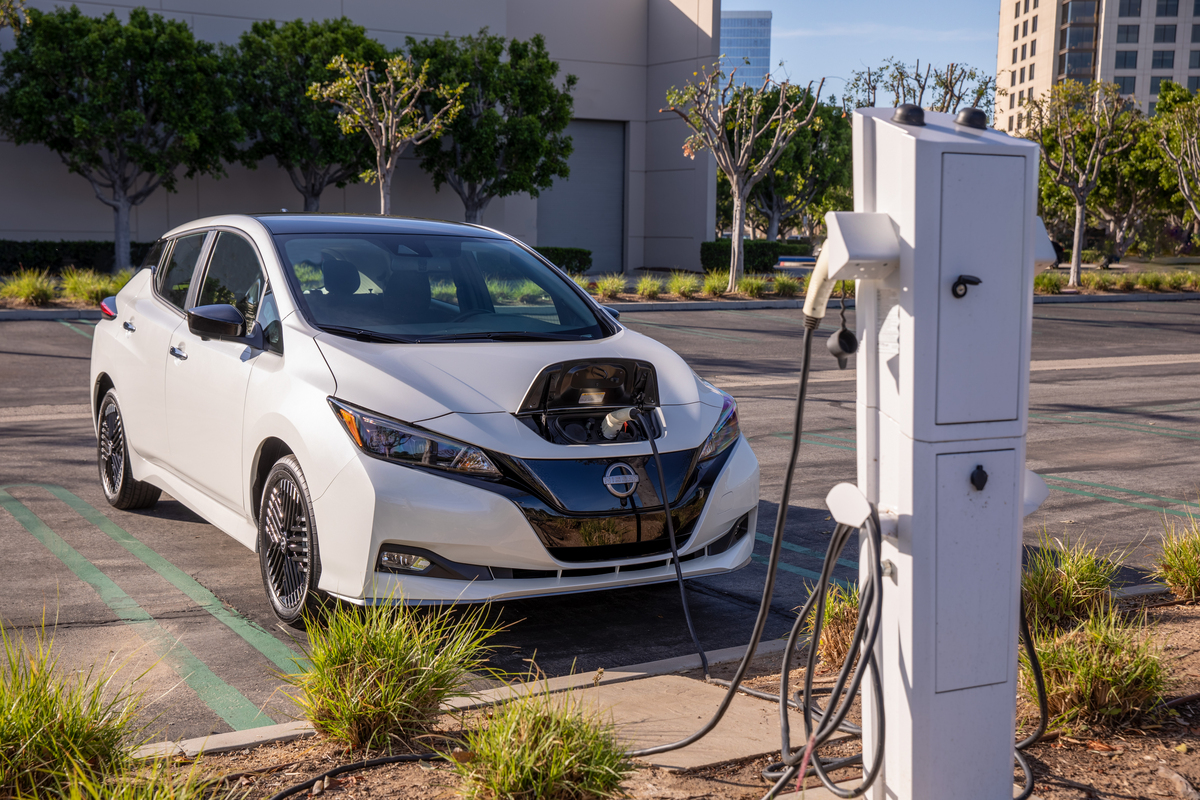In a groundbreaking development, Nissan has become the first Japanese automaker to announce its adoption of Tesla’s North American Charging Standard (NACS) for its vehicles in the North American market. Set to incorporate this innovative port by 2025, Nissan joins a growing list of automakers including Ford, GM, Mercedes-Benz, Rivian, Polestar, and Volvo that are embracing the technology.
This pivotal change isn’t just about adopting a new technology; it signifies an industry-wide shift toward a universal charging standard. For Nissan, it’s a critical step toward its ambitious goal of having electric vehicles (EVs) constitute 40% of its U.S. market share by 2030. Models like the Ariya and other future EVs will feature the NACS port, beginning the integration process in 2025.
Nissan Americas chairperson Jérémie Papin expressed enthusiasm for the move, highlighting how it will allow Nissan EV drivers to access a significant number of fast chargers, thereby boosting convenience and confidence for long-distance travel. As the electric vehicle landscape continues to evolve, a more unified charging standard will streamline the process for EV drivers, reducing range anxiety and enhancing the overall EV experience.
Tesla’s NACS has been gaining traction, particularly as its Supercharger network comprises approximately 60% of all fast chargers in the U.S., according to the U.S. Department of Energy. The expansion of this network has been further fueled by substantial federal subsidies under the Biden administration, with a clear aim of promoting EV adoption. In addition to enabling expansion, the network offers Tesla the potential for revenue generation from non-Tesla owners who use the network for charging.
However, it’s worth noting that this doesn’t spell the end for the Society of Automotive Engineers’ Combined Charging System (CCS) port. In fact, the Biden administration announced that to be eligible for subsidies, charging stations would need to include both CCS and NACS ports. Companies like Electrify America have taken note, promising to include both ports even as they adopt the NACS standard.
Nissan’s move to the NACS standard signifies a major milestone in the industry’s move toward charging standardization. While details on Nissan’s NACS rollout are to follow in the coming months, this development makes it clear that the NACS port is becoming an integral part of the electric vehicle future. At present, other major manufacturers like Hyundai and Stellantis are also reportedly considering adopting the NACS standard for their future models, further solidifying NACS’ growing importance in the EV industry.

Leave a Reply